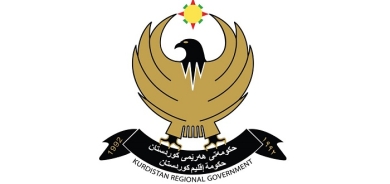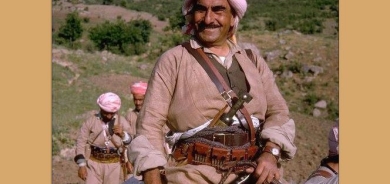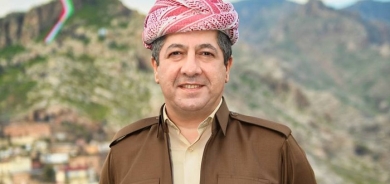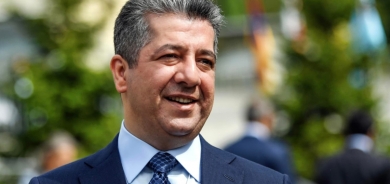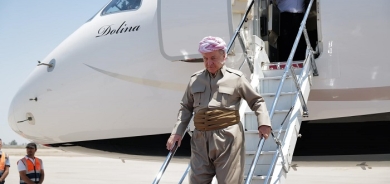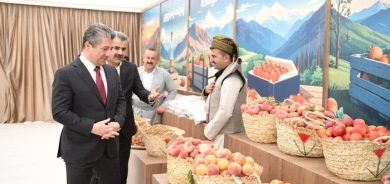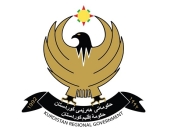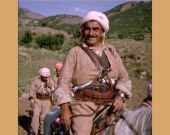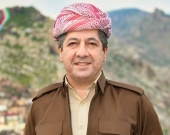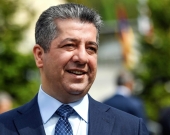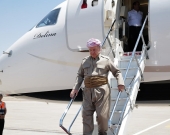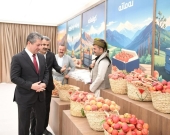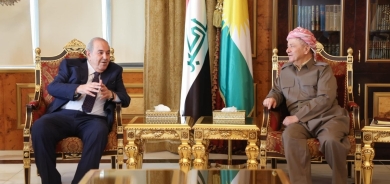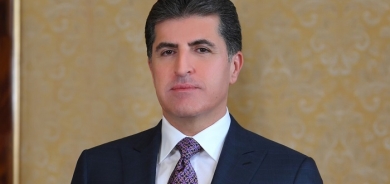BCF delivers medical batch of anti-biotics to Syrian Kurdistan amid COVID-19 crisis

After the United Nations Security Council vote in early May to centralize cross-border deliveries of medical aid into the grips of Damascus, the Yaroubiya border crossing along the Iraqi border, where 1.6 million people were benefiting from the humanitarian assistance coming through it, was scrapped.
The closure has exacerbated the delivery of humanitarian assistance into the Kurdish-held region in northeast Syria, leaving the Syrian Kurds to rely on the unofficial Semelka border crossing with the Kurdistan Region. The COVID-19 outbreak in northeast Syria has further exacerbated the humanitarian conditions in Rojava.
“At the request of our brothers from the Kurdish Red Crescent in Rojava, [we] have prepared a medical batch consisting of 40,000 anti-inflammatory injections,” Ahmed Abdul, the BCF representative, told Kurdistan 24. The injections include Cefotaxime sodium, which is used to treat a wide variety of bacterial infection.
“The anti-inflammatory injections will be distributed according to the needs of each center in the cities and towns where the Kurdish Red Crescent centers are located,” Delkesh Issa, the head of Kurdish Red Crescent, told local media.
The medical batch was prepared in coordination with Nahrai, a humanitarian organization based in the Kurdistan Region, Abdul said. “The aid is nearly worth $50,000,” he added.
“Bearing in mind testing limitations, the officially reported caseload is 64, of which 58 are in government-controlled areas and six are in the northeast,” Geir O. Pedersen, UN Special Envoy for Syria, said in his briefing to the Security Council.
Abdul noted that “this is the ninth batch of medical aid being delivered by BCF to Rojava at the request of President Masoud Barzani since the Turkish incursion.”
The BCF is one of the most active humanitarian NGOs in Kurdistan that often provides a substantial amount of aid to internally displaced persons and refugees in Iraq, the Kurdistan Region, and northern Syria, as well as multiple programs to enrich the lives of displaced children.
The organization was founded in 2005 and, in its own words, “strives to honor the great legacy of Malla Mustafa Barzani, the leader of the Kurdish Liberation Movement and influencer of the contemporary Kurdish nation.”

